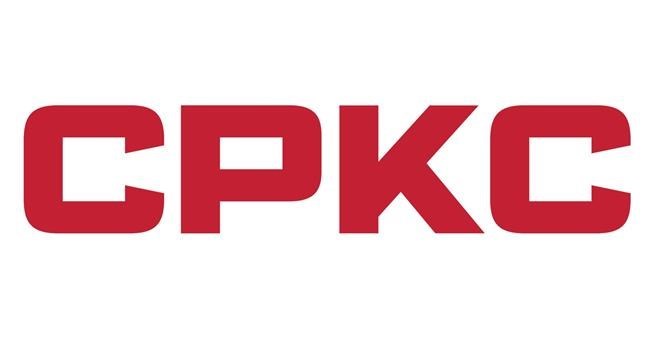The CEO of Canadian Pacific Kansas City Ltd. says he remains unperturbed by a decree from Mexico’s president that will force freight railways to allow passenger service on their tracks.
“I have zero expectation and belief that Mexico’s ambition and intent to integrate and initiate passenger rail service in concert with freight rail service will impact our ability to hit our synergies or any of the targets of our multi-year guidance," Keith Creel told analysts on a conference call Tuesday.
Creel said he has met twice with President Andrés Manuel López Obrador, and reached a deal with the Mexican government to carry out a study around passenger trains on a roughly 200-kilometre corridor running northwest from Mexico City. The scope of the study has expanded since his first meeting, he added, with completion expected in May.
“He committed to me that he’s aligned exactly with what my expectations are,” Creel said, citing the government’s efforts to bolster both passenger service and economic growth, particularly via manufacturing jobs that hinge partly on rail transport. “He does not want to jeopardize any of that.”
Creel said the company can open its gates to passenger trains, "with the right infrastructure and right investment," while maintaining sturdy freight service on its network — the only one to stretch from Canada through the United States to Mexico.
Few passenger train systems in the world are profitable, and most rely heavily on government subsidies. The decree contains no mention of whether the private companies would be offered financial support.
It proposes passenger rail service on a long leg of CPKC-run track between Laredo, Texas, and San Luis Potosi in central Mexico, among other routes.
Almost no regular passenger service remains in Mexico following a 1995 reform that gave concessions to two private railway companies: Mexico’s Ferromex and a subsidiary of U.S.-based Kansas City Southern, which Canadian Pacific acquired for US$31 billion in April.
In the Nov. 20 decree, the president’s office wrote that “preference will be given to public passenger rail service, and freight rail transport will be respected, according to the terms of the corresponding concession.”
The stated priority raises the potential for delays. When the government last provided passenger service through a state-owned company in the 1990s, trains seldom ran on time.
In the nearer term, Creel said Tuesday he expects CPKC's adjusted earnings per share to grow by double digits this year, following a bump in revenue last quarter — and despite lower container volumes and a weaker grain harvest.
"Looking forward to 2024, we are confident that our unique synergy opportunities along with improving macroeconomic conditions can overcome a weak Canadian grain crop and position us for another strong performance this year," he said.
Smaller loads of wheat and other grains are expected to persist into the second half of 2024, the company noted.
Containers remain another source of uncertainty, as consumers continue to reroute their spending toward services rather than goods in a reversal of pandemic trends. Pressure from inflation and rising interest rates threaten to work as additional drags on product purchases.
CPKC said it saw lower domestic container volumes last quarter due to shrinking retail volumes, even as international container shipments rebounded along with a ramp-up in activity at the Port of Vancouver after the 13-day strike by B.C. dockworkers in July.
The decrease was partially offset by a rise in refined fuel products and automotive shipments, as COVID-19-induced kinks in the manufacturing supply chain smoothed themselves out.
CPKC said it boosted its revenue four per cent to $3.78 billion last quarter from combined Canadian Pacific and Kansas City Southern revenues of $3.64 billion a year earlier. Core adjusted combined income climbed three per cent to $1.10 billion last quarter from $1.07 billion a year earlier.
“This isn’t easy," chief operating officer Mark Redd told analysts on a conference call, referring to the blending of two distinct rail networks — the continent's first big rail merger in more than two decades. But he also stressed the potential efficiency made possible by "synergies."
Fourth-quarter core adjusted combined diluted earnings rose to $1.18 per share from $1.14 per share the previous year, CPKC said.
Net income fell 20 per cent year-over-year to $1.02 billion last quarter from $1.27 billion, it said. The figure does not take into account Kansas City Southern profits from last year.
CPKC forecast that core adjusted combined diluted earnings per share will grow in the double digits this year from $3.84 per share in 2023.
The railroad operator plans to spend $2.75 billion on infrastructure upgrades and purchases throughout 2024.
— With files from The Associated Press
This report by The Canadian Press was first published Jan. 30, 2024.
Companies in this story: (TSX:CP)
Christopher Reynolds, The Canadian Press

